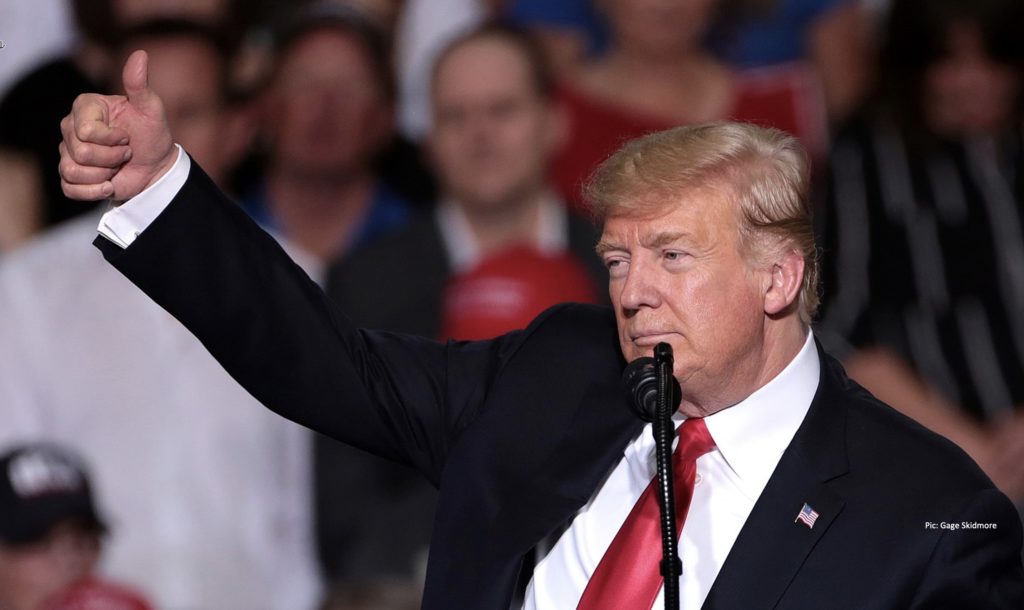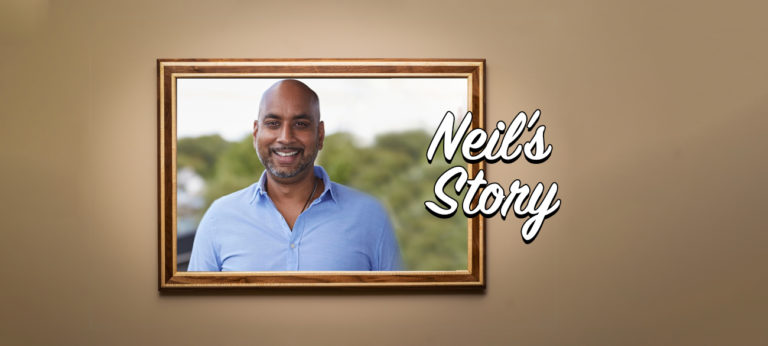Delivering a presentation before an audience isn’t easy for anyone, including presidents. Donald Trump in particular consistently struggled with one element of public performance. Arguments will rage over Trump’s presidency for years, but on one thing I think everyone will be able to agree: he’s not very good at reading out loud.
The day he was impeached by the House of Representatives for a record-breaking second time, the White House released a video statement from the president, in which he condemned the violence at the Capitol on January 6, but failed to mention the historic vote in the House. The word is that Trump’s people had finally managed to communicate their concerns about the potential legal consequences of his behaviour, and that the president was trying to make amends in his own inimitable way.
Unfortunately for Trump, it didn’t sound like he’d written his own script: as a result, people could be forgiven for assuming that the peace-loving sentiments expressed weren’t his either. One commentator rather insensitively compared the clip to a “hostage video”: a message read out by one person, but written by other hands, and delivered under considerable duress.
Long-time analysts of Trump’s now-cancelled Twitter account were able to identify which tweets originated from the president’s own devices (and were thus most probably written by him), and which were written by White House staffers on his behalf. The lack of BLOCK CAPITALS was often a factor, but so too was the difference in overall tone and phrasing. And the contrast between Trump-originated and ghost-written material is even more obvious when he opens his mouth to speak.
Trump’s struggles with presenting
What gives the game away? Trump doesn’t sound hugely familiar with the scripts he’s obliged to read: he stumbles over the odd word; you can also hear when he thinks a sentence has come to an end and is then surprised by another line of text on the autocue. And he tends to fall into a sing-song tune, most grating at the end of his sentences, that’s reminiscent of people reading badly in church.
The secret to sounding comfortable when delivering presentations, including reading out loud, is practice. Perhaps Trump never understood that, he has a clear preference for off the cuff comments rather than reading from a text. There’s a painful anecdote in Philip Rucker and Carol Leonnig’s book A Very Stable Genius about Trump’s struggle to read a section of the American constitution for an HBO documentary. If you really have to read a speech out loud, then it’s best to be as familiar with the phrasing as possible, to have (almost) learnt it by rote, but not so that it sounds automatic when you speak the words.
I taught sight reading for ten years at one of the world’s top drama schools. It’s an important thing for actors to be good at: at an audition you might be asked to read a scene or a speech with minimal preparation time, but still deliver the words as confidently and clearly as possible. (The old maxim that you only have one opportunity to make a good first impression is still horribly true in the acting profession). The challenge for actors is that they have to find a way of making a script someone else has written sound like something they’ve just thought of, and that’s an extremely difficult thing to do if you’ve learnt the lines. If you’re reading it’s more difficult still, even if you’ve written the words yourself.
Bulleted prompts better than scripted lines
And here’s the point: relatively few of us, I’d wager, are very good at writing for ourselves. You need to have a good sense of your preferred rhythm, vocabulary and phrasing to write something that’s going to sound authentic, and that’s one of the main reasons I’ve always counselled clients against writing scripts for presentations. People have an understandable fear of not knowing what to say, or of going off track, but I’d strongly recommend, if possible, a series of concise, readable, bulleted prompts rather than scripted lines.
All of us have probably had to endure presentations in which the speakers simply read the text from their over-written slides. It destroys the relationship between speaker and audience, turns a presentation into a lecture rather than a spontaneous two-way conversation, and – if you lose your place – can be even more nerve-wracking than if you’re attempting to speak spontaneously.
Rehearsing makes the difference
Occasionally, of course, we have to use a script. That’s been the case when I‘ve worked with chief financial officers delivering annual figures to the press, and with politicians – because in either instance, deviation from the text (which the audience may have in advance) would make a good story. And if you have to deliver a message that may be difficult to say, it might help to write it down first. I used scripts for the eulogies I delivered at my parents’ funerals: I knew my emotions were likely to get the better of me, and I really wanted to do them both justice.
What made the difference in every case was rehearsal: because you only achieve that ownership of the text – your own or anyone else’s – if you’ve practised it a few times before you deliver it for real. Next time you’re going to deliver a presentation, if you want to ensure that your slides actually work, try rehearsing beforehand: you’ll quickly find out what works, what’s unhelpful, and what you could cut. And the more you’ve rehearsed, the more you’ll be able to trust yourself at that terrifying, exciting moment when you finally open your mouth to speak.






